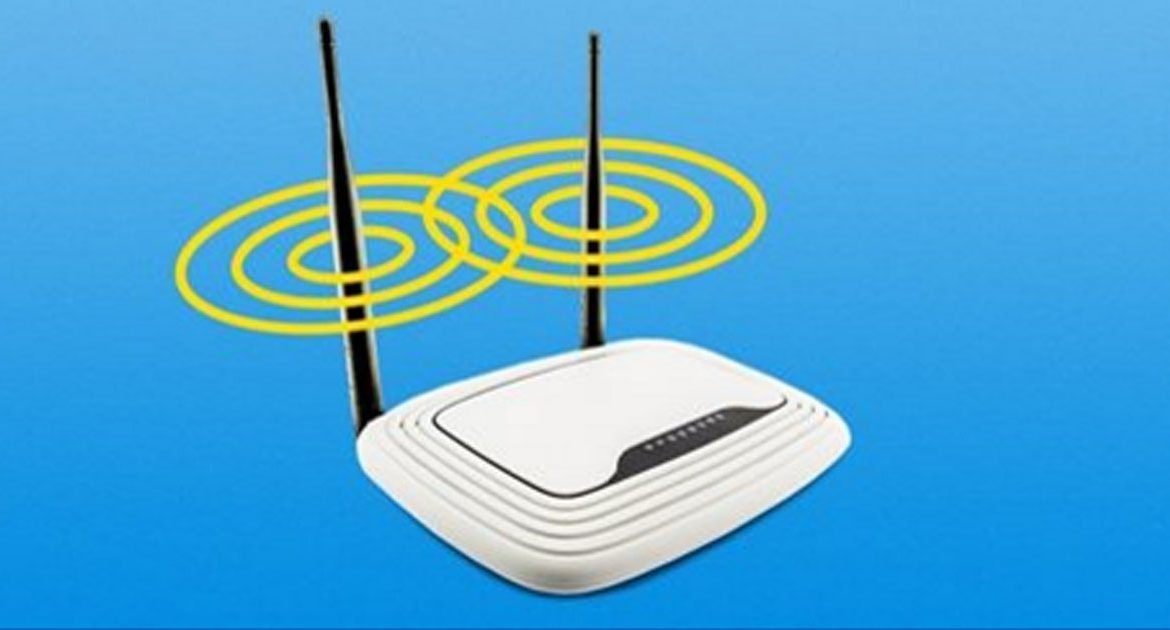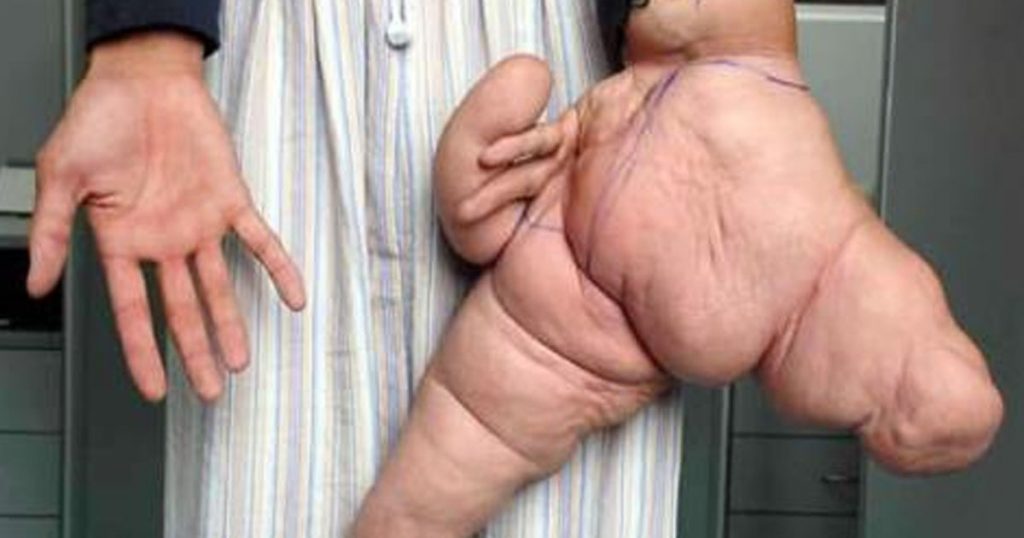People use the Internet every day, at work and at home. Undoubtedly, many of us would jump at the chance to make those files and pages load more quickly.
We at Liked Video have recently found out that, apart from the well-known methods, there are other ways of speeding up a sluggish Internet connection. Today we gladly share them with our readers!

Clear your cell phone’s cache.
When the memory cache gets full, all of your phone’s functions slow down — including the Internet connection. To remedy this, you can either delete each application manually or download a special program to remove all of them at once.

- Remove all unnecessary applications.
All those apps you hardly ever use can significantly slow down your Internet connection. It is better to remove any widgets from your home screens that you don’t have immediate need of. Even working in background mode, they consume a significant amount of traffic.
- Switch your browser to text-only mode.
If you don’t need to look at pictures and require written information only, switch to text mode in your browser and disable images. This way, Internet pages will load much faster.

- Change browsers.
The choice of web browser you use on your mobile device also affects your Internet connection. There are many browsers on the market, and some of them work much faster than others.
- Check network settings.
To do this, go into Settings and find Mobile Network Settings. The actual name of the menu might vary from device to device. You need to make sure that your phone is connected to the right network type and that it is not restricted to 2G or 3G only. Most areas in the world run on GSM/WCDMA/LTE networks, so give these a try first. If those don’t work, try finding out what your region uses. The main thing you need to determine is that the best broadband technology is activated.


Choose the right location for your network router, and minimize the distance between the router and the PC.
A weak Wi-Fi router signal is one of the common causes of slow Internet connection. To fix this, we advise you to place the computer and the router as close as possible to each other. The best place to put the router is near the center of the house, ideally on the wall or a high shelf. Make sure that it stays as far as possible from your neighbors’ Wi-Fi routers, power cables, cordless phones, computer wires, microwaves, baby cams, and halogen lamps. All those wires and devices can interfere with radio signal reception.

- Run antivirus scans on your PC at least once a week.
Viruses not only make your PC vulnerable to the threat of valuable information leakage, they also reduce the speed of Internet traffic.
- Optimize your cache.
Browsers store data from websites that you visit to make loading those sites quicker in the future. But a clogged-up cache can have a negative effect on a browser’s performance.
- Disable any updates that are not needed at the moment.
Internet speed often gets reduced due to other programs’ activity, especially when they’re updating their current versions. Therefore, it is advisable to always disable unused programs.

- Block on-site adverts.
Ad blocking involves hiding unwanted advertising links and banners. After all, this kind of data takes up to 70% of any Internet page’s composition. Needless to say, it significantly reduces connection speed. Online ads can be disabled by selecting the necessary options in your antivirus settings or with the help of special programs.
- Make sure your Wi-Fi network is password protected.
When an Internet connection is distributed via Wi-Fi, it’s speed is shared between all those connected to the network. So if there are 20 people connected to your Wi-Fi at the same time, and the maximum connection speed is 20 megabits per second, then each of them will only get a 1-megabit connection. To avoid this, all you have to do is put a password on your Wi-Fi network.






